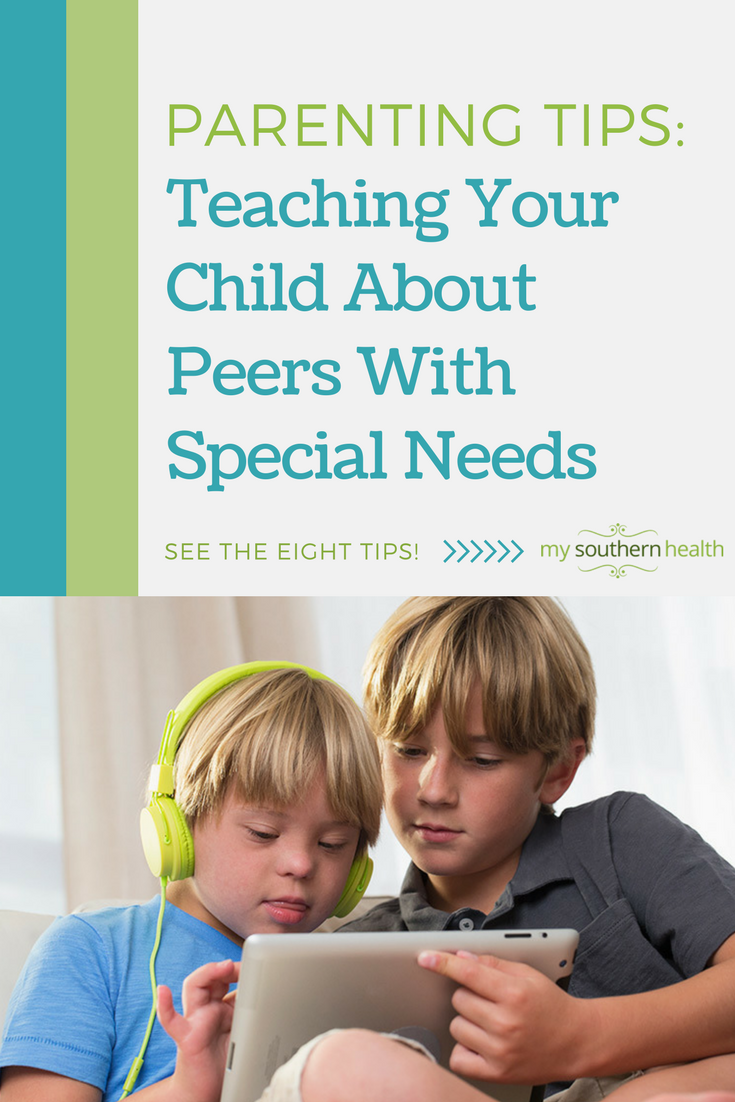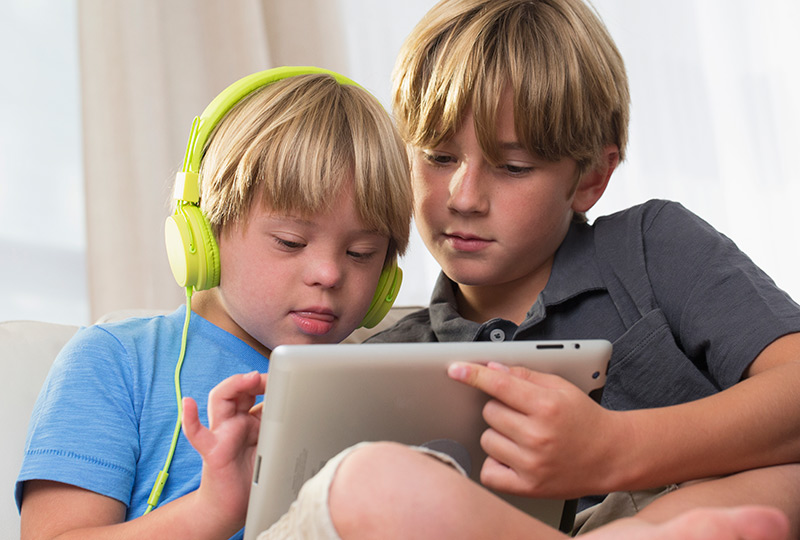Childhood can be lonely for kids who are different, physically or developmentally, from their peers. One mother’s perspective.
Making friends. Playdates. Sleepovers. Birthday parties. Rites of childhood, true? Not so much — not for everyone. Not for my daughter. She has autism.
One of the things I grieved most in her growing-up years was how her brain disorder impaired her socially and communicatively, tremendously hampering her ability to make friends. For many of her childhood years, she had none.
A few classmates throughout her school years (usually those who were also different in some way, such as those who were of another race or culture) showed her kindness, and then were a few who bullied her. But their gestures began and ended with the ringing of the school bell each day, never transferring outside the school building, with one exception in kindergarten.
Much about how our sons and daughters treat others with differences starts with attitudes at home, and whether parents instill values of kindness and inclusivity. I polled other parents of children with special needs. Here’s what they’d like you to know for teaching your child about peers with special needs:
- “My children have feelings, just like other children. They may be a little different, but they still want to be accepted and liked, like everyone else.”
- “Encourage parents not to praise their kids for being friends with ours, but rather for the same qualities of friendship that they would encourage with typically developing kids, making the point that our kids should be treated as friends like other kids and not highlighting that their child is doing something super special by befriending them.” (Although as a parent, I do have special feelings for the kids who love my child).
- “Don’t do things for my child. Either she can do them or she needs to learn. Instead, just provide assistance and encouragement where needed and stand up for her if she can’t do it for herself.”
- “It is important to let people know many of our kids understand. Names such as ‘Forrest Gump,’ or ‘village idiot,’ or the r-word, are demeaning. Also, some kids with disabilities may make noises or not talk the way others are used to, but please be kind and understanding. They are doing this because of their disability.”
- “Include children who have disabilities in social functions outside of school. Invite them to your son’s or daughter’s birthday party. Have them visit in your home to watch movies or do crafts. Invite them to the zoo. My oldest grandson considers a child with special needs his best friend; he sits with him on the school bus, and invites him to play at his house. Inclusion is not just for the classroom.”
- “Saying nothing is worse than saying something heartfelt, even if you say the wrong thing. Offer to help if you see them struggling, but do not pity or feel sorry for them. Teach your children to appreciate the differences and unique gifts all children have.”
- “We can learn something from everybody. And everybody, regardless of ability, is very special. My daughter has definitely taught me so much over the years, especially about what really matters in life! To kids who see someone who is different: Do not be afraid. Find out about the differences and similarities of your potential new friend. Ask questions, talk to them and, for those who cannot talk, remember that they can communicate. Try really hard to watch for cues — facial expressions, body movements, intonations and sounds — paying close attention to these things, because they will teach you what a person is really saying. This is a skill that you can learn and that will benefit you for the rest of your life with people who are both verbal and nonverbal.”
- “I tell parents not to hold back if they have a question. I think sometimes people are afraid to ask.”
Exposure to people who are different is preparation for a lifetime in a diverse world. Many of our babysitters have been young people who were going to school to become special education teachers, speech therapists or nurses. They were inspired by friendships with special needs individuals, as far back as elementary school.
A wise friend who is a teacher once assured me that friendships would become easier for my daughter as she grew older, especially during her later years of school and adulthood.
She’s a young adult now, and this has proved true to a small extent. Relationships are incumbent on individuals who have open, willing hearts and can see and want to fulfill the need to be a friend to an adult with a “disAbility.” There have been a handful of friends just out of college and a neighbor who took her shopping, for walks and out to eat. But over time, they are still too few and far between. Such relationships come in fits and starts, depending on who can and wants to make the time. Most of that peer interaction is still with people who are paid to be with my daughter. We are fortunate to have kind, caring, capable people who fill that need, and a couple who are like peers, because they’re my daughter’s age.
My heart still aches a little around this issue, but it’s also a heart that’s lived two-plus decades on this journey. The heart is a hardy muscle — toughened through continued use and time.
From my heart to yours, please teach your child about peers with special needs and encourage them to build friendships. Everyone involved will receive a special gift. I promise.
Leisa Hammett writes about the heartaches, struggles, joys and blessings of parenting her adult daughter. Follow her stories on all social media platforms as Leisa Hammett, including her blog, LeisaHammett.com. She also serves as a regional organizer for Family Voices of Tennessee for its Robert Wood Johnson Foundation Consumer Advocacy for Transformation Grant.


